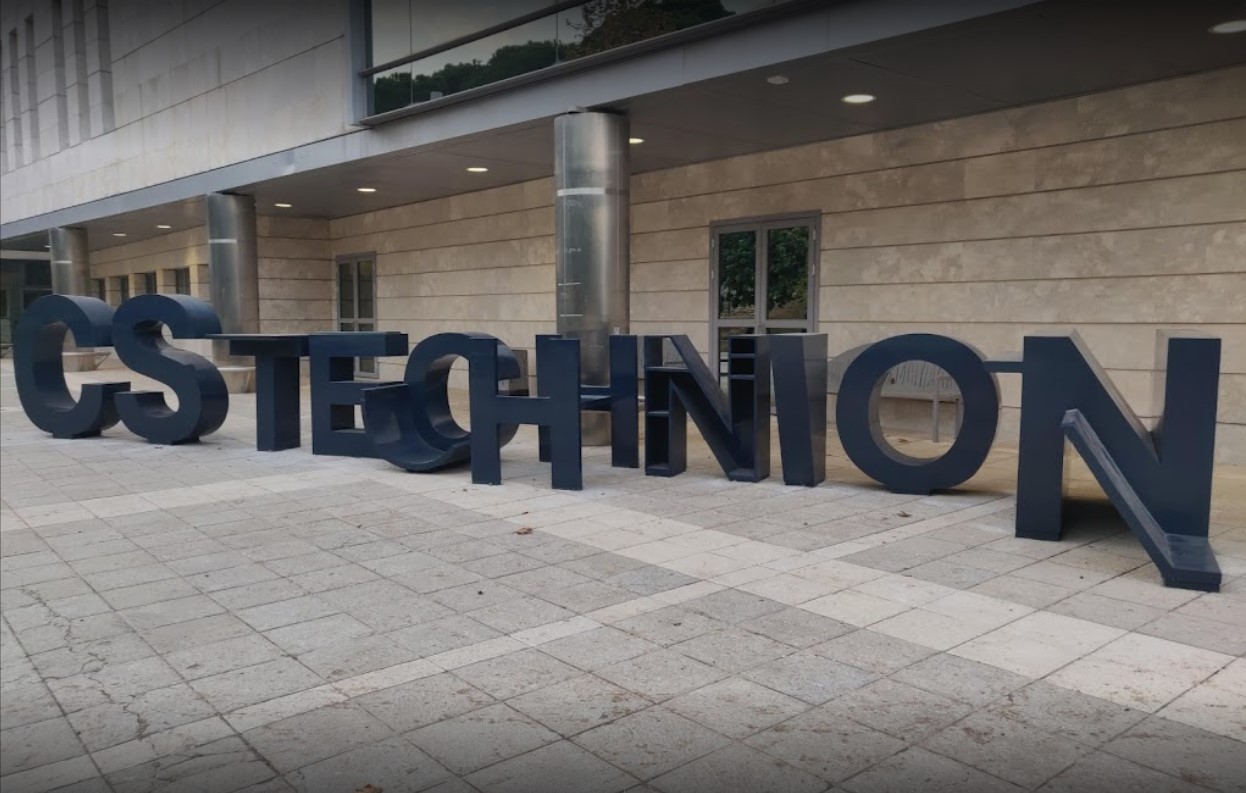

A bit more than 100 years ago, quantum mechanics revolutionized our understanding of the world with the discovery of “counter intuitive” effects such as the quantization of energy, the wave-particle duality, and entanglement, just to name a few.
The unexpected behaviors of quantum systems raised the question if they could have potential advantages when performing thermodynamic tasks such as converting between different types of energy or cooling down an external system. These tasks are performed by heat machines and their study allows us to understand the interplay between two fundamental pillars of physics: quantum mechanics and thermodynamics. Quantum mechanics seems to provide heat machines with some unique possibilities such as the potential operation with uncompressible gases. Moreover, it has been recently shown that quantum mechanics could at times be advantageous and at others detrimental to the performance of heat machines.

The conditions or reasons why quantum mechanics could be beneficial are still unclear.
The goal of this project is to clarify the last question by simulating and comparing the behavior of different heat machines operating at the classical and quantum limit.
This project will allow students to learn fundamental aspects of quantum mechanics and thermodynamics as well as techniques to calculate quantum mechanics and thermodynamic properties of real systems which are often not taught in basic textbooks or classes.
Students will also gain programing skills in their preferred programing language.
Moreover, this or other projects in the intersection between quantum mechanics and thermodynamics could eventually become a Masters / Ph.D project for those interested in pursuing it further.

2025 © All Rights Reserved
